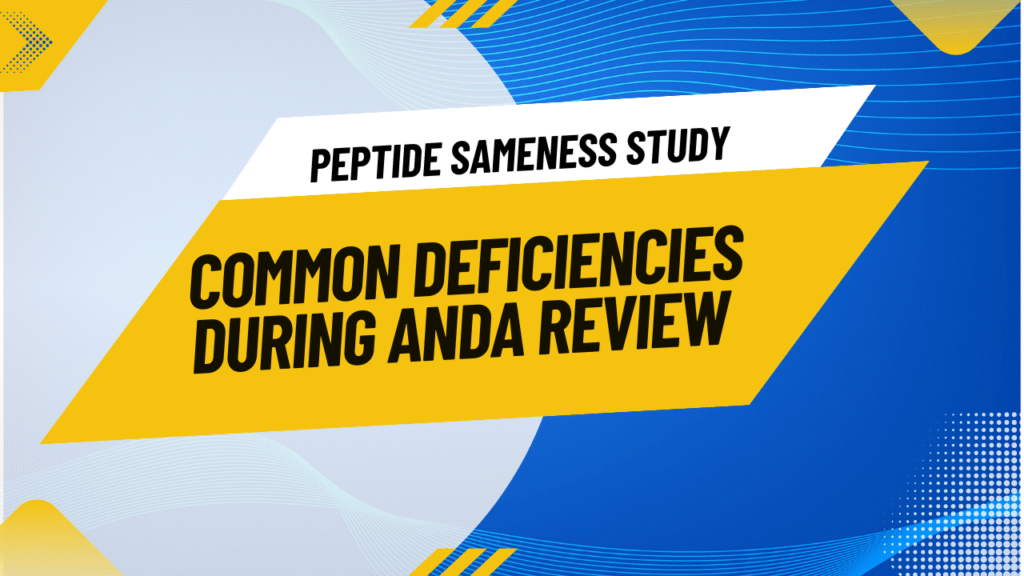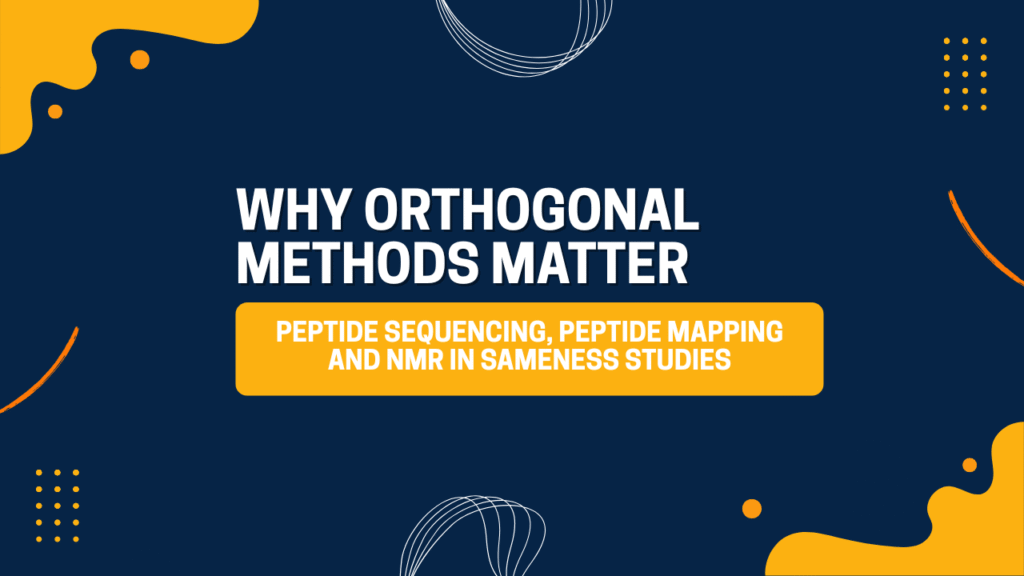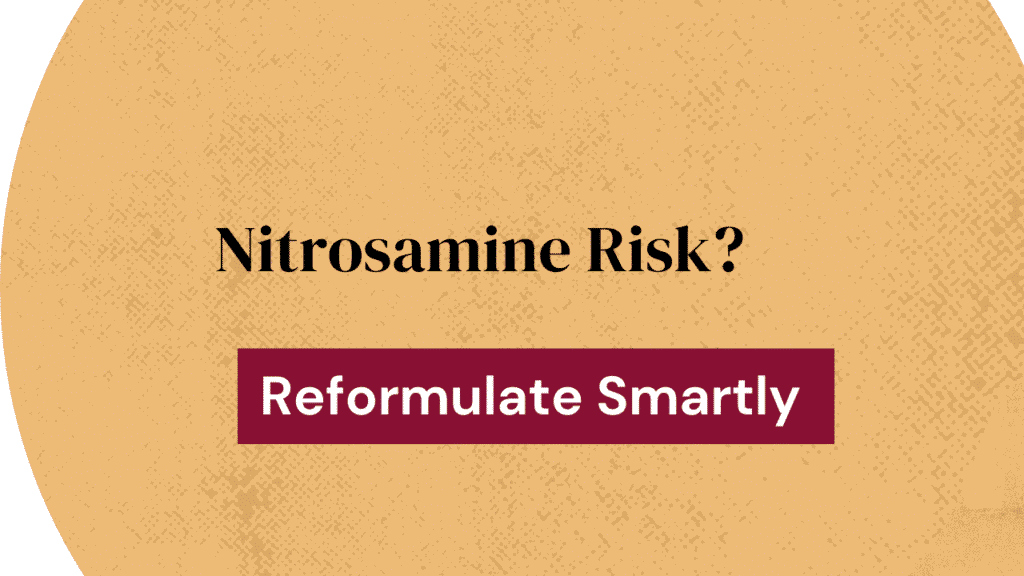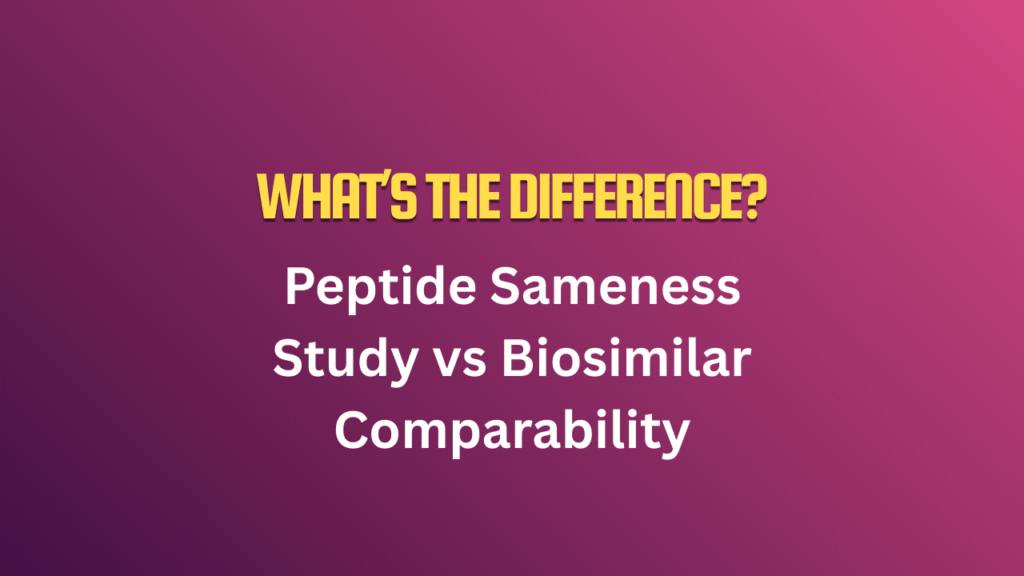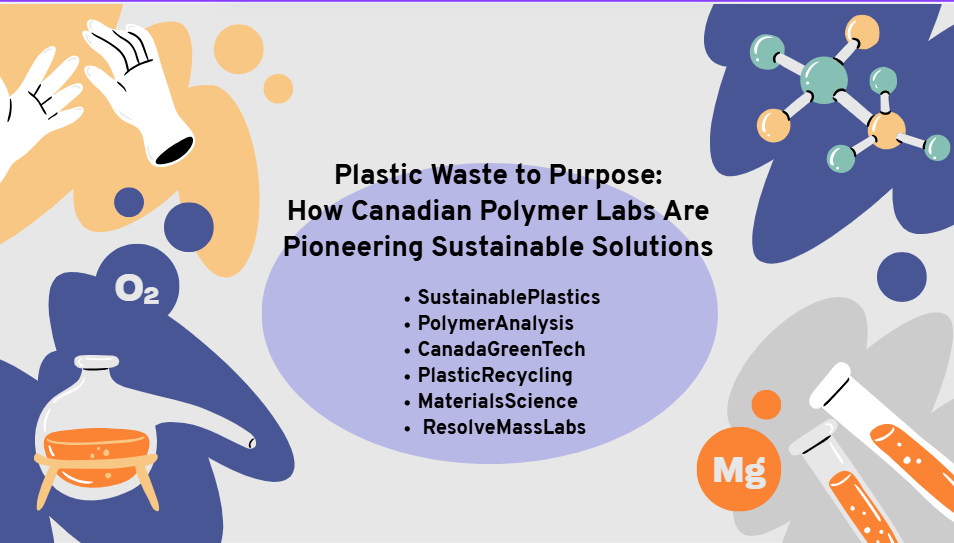
Canada is taking strong strides toward building a more sustainable and circular plastics economy. With national strategies like the Canada-wide Action Plan on Zero Plastic Waste, the need for reliable, detailed, and forward-thinking polymer analysis has become a cornerstone for progress. As industries innovate in biodegradable polymers, recyclable materials, and upcycled plastic products, polymer analysis laboratories in Canada play a pivotal role in driving sustainability across the plastic value chain.
From mechanical recycling to chemical depolymerization, and from microplastic detection to assessing polymer degradation pathways, polymer testing laboratories help ensure that materials meet performance, safety, and environmental compliance standards. In this blog, we explore how Canada’s polymer analysis labs are key to plastic sustainability initiatives and what services they offer for government, academia, and industry alike.
1. What is Polymer Analysis?
Polymer analysis is a branch of material science dedicated to understanding the physical, chemical, thermal, and mechanical properties of polymers. It includes techniques for evaluating composition, molecular weight, thermal stability, crystallinity, and impurities.
Key Parameters Evaluated:
- Molecular weight and polydispersity
- Tensile and mechanical properties
- Thermal behavior (DSC, TGA)
- Chemical structure (FTIR, NMR)
- Surface morphology (SEM, AFM)
- Degradation kinetics and by-products
2. Why Polymer Testing is Essential for Sustainability
With rising concern over the environmental impact of traditional plastics, sustainability hinges on the ability to evaluate how alternative polymers behave in real-world applications. Labs contribute by:
- Characterizing biodegradable plastics to confirm they decompose as intended under specific conditions
- Assessing mechanical recyclability of thermoplastics and blends
- Detecting and identifying microplastics in environmental samples
- Validating additives used to improve polymer properties without compromising recyclability
3. Role of Polymer Analysis Labs in Canada’s Plastics Agenda
Canada’s strategy to eliminate plastic waste is built around innovation, circularity, and better design. Polymer labs contribute at every stage:
a. Supporting Innovation in Bioplastics
Canada’s bio-economy is growing. Labs test starch-based, PLA, PHA, and other biopolymers for:
- Compostability
- Mechanical strength
- Shelf life
- Packaging safety
b. Advancing Mechanical & Chemical Recycling
Recyclers rely on labs to:
- Identify polymer types in waste streams
- Detect contaminants and additives
- Test compatibility for blending and upcycling
c. Microplastic Analysis
Laboratories use Pyrolysis-GC/MS, FTIR microscopy, and Raman spectroscopy to:
- Track microplastic pollution
- Determine origin (polymer type)
- Support environmental monitoring programs
d. Compliance & Regulatory Testing
Canada enforces strict product safety and labeling regulations under the Canadian Environmental Protection Act (CEPA). Labs conduct tests to ensure:
- Additives and plasticizers are within safe limits
- Migration of monomers meets FDA and Health Canada guidelines
- Recycled content complies with ISO/ASTM standards
4. Key Analytical Techniques in Polymer Labs
a. Gel Permeation Chromatography (GPC)
Used to measure molecular weight distribution and polydispersity. Essential for product quality control and degradation analysis.
b. Differential Scanning Calorimetry (DSC)
Helps identify glass transition temperature, melting points, and crystallinity — useful for determining thermal behavior in recyclable plastics.
c. Thermogravimetric Analysis (TGA)
Monitors thermal stability and composition, especially for evaluating decomposition of biodegradable plastics.
d. FTIR & NMR Spectroscopy
Useful for functional group analysis, additive detection, and material authentication.
e. Scanning Electron Microscopy (SEM)
For surface morphology, critical in degradation studies and microplastic analysis.
5. Case Studies of Polymer Sustainability Projects in Canada
Case Study 1: Bio-based Packaging Material in Quebec
A company developing PLA-based films used a polymer lab to optimize plasticizer content and ensure compostability under ASTM D6400 conditions. (https://doi.org/10.1016/j.wasman.2021.01.005)
Case Study 2: Upcycling PET Waste in Ontario
A recycling firm partnered with a university lab to chemically depolymerize PET into monomers, verified using LC-MS and FTIR. The resulting monomers were reused in new bottle production. (https://doi.org/10.1021/acssuschemeng.9b03952)
Case Study 3: Microplastic Monitoring in British Columbia
Using pyrolysis-GC/MS, researchers identified synthetic fibers in marine environments, guiding provincial waste management policies. (https://doi.org/10.1016/j.envpol.2020.114172)
6. Challenges Polymer Labs Face in Sustainability Testing
- Heterogeneity of post-consumer plastic waste
- Lack of standards for novel biopolymers
- Degradation in real-world vs lab conditions
- Time-intensive microplastic analysis
Despite these hurdles, advancements in high-throughput screening and AI-assisted data interpretation are helping labs stay efficient.
7. The ResolveMass Advantage: Advanced Polymer Analysis Laboratory in Canada for a Circular Future
At ResolveMass Laboratories Inc., we offer advanced polymer analysis services across Canada and the U.S. Our polymer testing capabilities are designed to meet the evolving needs of:
- Packaging manufacturers
- Bioplastic innovators
- Recycling companies
- Environmental research agencies
We help our clients identify polymer structures, degradation profiles, and impurities with unmatched accuracy using LCMS, FTIR, TGA, GPC, and more.
Our services include:
- Biopolymer analysis
- Polymer degradation testing
- Recyclability assessments
- Additive and impurity profiling
- Microplastic detection and quantification
REFERENCES
- Li B, Lazell J, Beltran M, Kędzia G, Lima LR, Soma T, Cruz SA, Gutierrez RF, Turek J, Raźniewska M, Pluta‐Zaremba A. Competing narratives inhibit a circular economy for bio‐based plastic packaging: Insights from a social innovation lab study in Brazil, Canada, Poland and the UK. Business Strategy and the Environment. 2025 Jan;34(1):516-54.
- Sears M. Achieving consistent extended producer responsibility policies for plastics in Canada.
- Hottle TA, Bilec MM, Landis AE. Sustainability assessments of bio-based polymers. Polymer degradation and stability. 2013 Sep 1;98(9):1898-907.
- Diggle A, Walker TR. Implementation of harmonized Extended Producer Responsibility strategies to incentivize recovery of single-use plastic packaging waste in Canada. Waste Management. 2020 Jun 1;110:20-3.
Common Deficiencies in Peptide Sameness Study During ANDA Review
Introduction: Peptide Sameness Study Deficiencies are a leading cause of regulatory delays during ANDA review…
Peptide Sequencing, Peptide Mapping and NMR in Sameness Studies: Why Orthogonal Methods Matter
Introduction: Peptide Sequencing and Mapping for Sameness Study is the foundation for demonstrating structural identity…
Regulatory Requirements for Peptide Sameness Study (FDA & Health Canada)
Introduction: FDA Peptide Sameness Study Requirements define the scientific and regulatory framework needed to demonstrate…
Nitrosamine Testing in Controlled Substances and Highly Potent APIs (HPAPIs)
Introduction: Why Nitrosamine Testing Highly Potent APIs Requires Specialized Expertise Nitrosamine Testing Highly Potent APIs…
Case Study: Reformulation Strategy to Eliminate Nitrosamine Risk Without Changing Bioequivalence
Introduction: Applying a Nitrosamine Reformulation Strategy Without Compromising Bioequivalence A structured Nitrosamine Reformulation Strategy can…
Peptide Sameness Study vs Biosimilar Comparability: What’s the Difference?
Introduction: Peptide Sameness vs Biosimilar Comparability is one of the most misunderstood concepts in modern…
